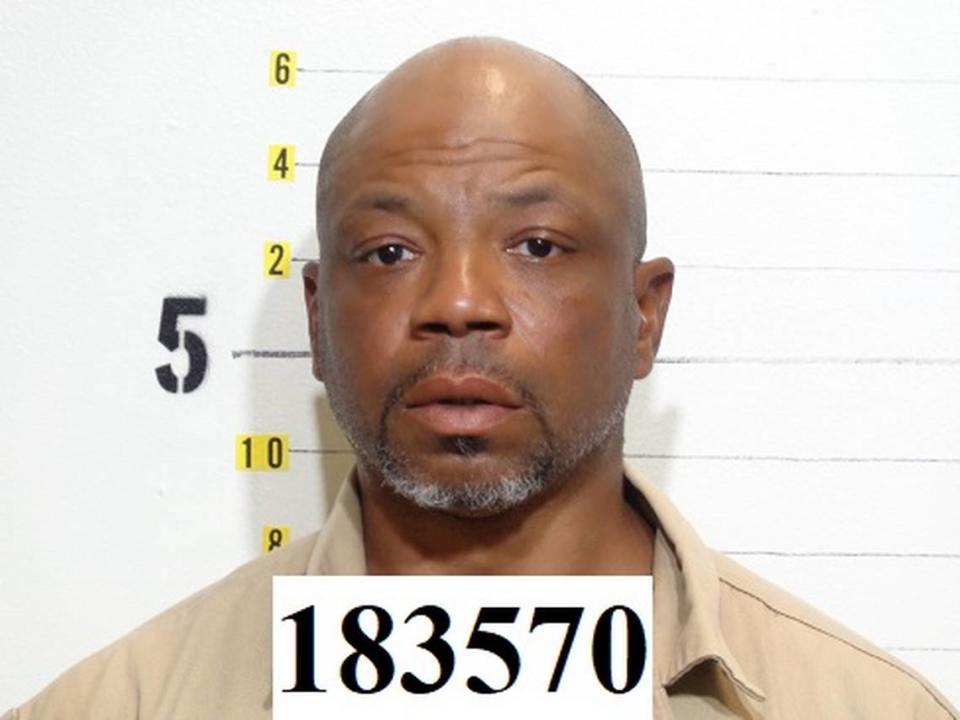KY appeals court tosses Black man’s conviction after prosecutors tossed Black jurors
A Fayette Circuit Court deprived a homeless Black man of a fair trial in 2018 by letting prosecutors strike two Black men from the jury without adequately questioning her reasons, as the law requires, the Kentucky Court of Appeals said Friday.
Judge John Reynolds did a “gravely insufficient” job of protecting Darryl Keith Baker’s civil rights during jury selection, the Court of Appeals said.
The assistant commonwealth’s attorney objected to the two Black men because one of them “gave off bad body language” and looked “disgruntled,” while the other had a father who was prosecuted decades earlier for murder, the Court of Appeals wrote in its decision.
However, the court noted, a white woman whose father was prosecuted for a white-collar crime, fraud, was found to be acceptable to sit on the jury. And although both jurors whose fathers had criminal records told the court they would be fair and impartial, only the Black man was removed as a result of his family ties, the court said.
The 12-person jury that convicted Baker ended up with one Black member, a woman.
Baker was convicted of third-degree assault for punching a Lexington police officer in the face and for being a persistent felony offender. The fight started after police approached Baker outside the Day’s Motel on Versailles Road, where he was sitting in a car, and asked to search the vehicle. He was sentenced to 15 years in prison.
The Court of Appeals reversed Baker’s November 2018 conviction and returned the case to Fayette Circuit Court for a new trial.

Reynolds, the trial judge, erred by failing to question prosecutors who used their peremptory strikes to remove the two Black men during jury selection, Court of Appeals Judge Allison Jones of Newport wrote in the decision.
For example, the prosecutor told Reynolds that she just didn’t like the looks of Juror 4079.
“I don’t know if you caught this, but whenever his name was called, he stood up, shook his head and was very disgruntled about it, and kind of gave off bad body language while we were asking questions,” the prosecutor told the judge.
Under the U.S. Supreme Court’s 1986 decision in Batson v. Kentucky, removing a potential juror based on race violates the Equal Protection Clause of the Fourteenth Amendment to the U.S. Constitution. If defense lawyers challenge a prosecutor for possibly violating this rule — and Baker’s did — the trial judge is supposed to make the prosecutor explain in court why her jury strikes were not influenced by the jurors’ race.
However, Reynolds failed to press the prosecutor for answers, Jones wrote. Instead, Reynolds told defense lawyer Herb West: “Well, she (the prosecutor) stated her reasons. You preserved that for appeal.”
“This is gravely insufficient,” Jones wrote. “Unfortunately, the trial court in the case ... utterly failed to conduct any kind of independent assessment of the prosecutor’s reasoning.”
In 2018, Jones added, the Kentucky Supreme Court specifically warned trial courts that prosecutors cannot strike jurors based only on their perceived “belligerent” or “hostile” looks.
“We have consistently found Batson violations when only the appearance or demeanor of a prospective juror is the given reason,” the state Supreme Court said in that decision.
Reynolds did not immediately respond to a request for comment Friday. He was appointed to fill a vacancy on the bench in early 2018 by then-Gov. Matt Bevin, but he was defeated in the election that November by Lucy VanMeter.
On Friday, Fayette Commonwealth’s Attorney Lou Anna Red Corn said her prosecutor struck the jurors “for race-neutral reasons.”
One man’s father was prosecuted by the office of the Fayette Commonwealth’s Attorney years ago, when he was an adolescent, Red Corn said. His case was different from the white woman whose father was prosecuted for fraud because a different prosecutor’s office handled her father’s criminal case in federal court, Red Corn said.
The other man “appeared frustrated and disgruntled about having his name called and being required to stand when the judge called his name,” Red Corn said.
“I have confidence in the legal reasoning of the prosecutor in this case, and whether the case is appealed to the Supreme Court or retried, I believe all of Mr. Baker’s rights have been and will be protected,” Red Corn said.
In a dissenting opinion, Court of Appeals Judge J. Christopher McNeill of Paducah said the reasons the prosecutor offered for her jury strikes were adequate under the Batson rules. After that, McNeill said, the burden was on Baker’s defense lawyer to show that race motivated her actions, and he did not do that.
“Because Baker offered no evidence of purposeful discrimination there was nothing on the record from which the trial court could have found that the commonwealth’s proffered reasons were a mere pretext for racial discrimination,” McNeill wrote in his separate opinion.
This KY man was wrongly jailed for 14 months. Then they billed him for his stay.
Kentucky’s new Supreme Court justice, Robert Conley, rebuked again for courtroom behavior
Central Kentucky judge suspended 14 days for issuing threat, thwarting lawyer
‘This was a travesty.’ Mentally ill man ordered to be his own lawyer in KY court.

